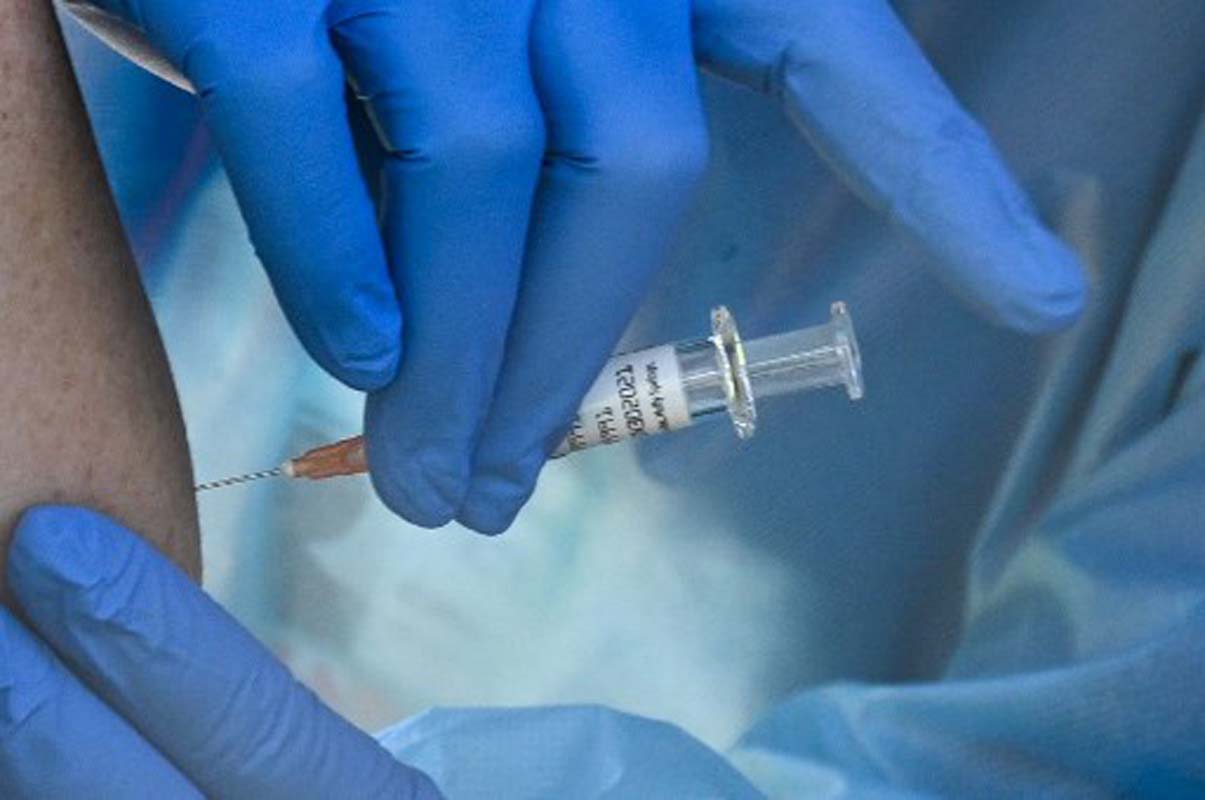
403
Sorry!!
Error! We're sorry, but the page you were looking for doesn't exist.
Blood Test Could Redefine Chemotherapy for Colon Cancer Patients
(MENAFN) A groundbreaking Australian-led clinical trial reveals that a simple blood test identifying circulating tumor DNA (ctDNA) can transform chemotherapy decisions for colon cancer patients.
The DYNAMIC-III trial, involving over 1,000 stage 3 colon cancer patients from Australia, New Zealand, and Canada, demonstrated that testing for ctDNA fragments in the bloodstream approximately six weeks post-surgery offers crucial insights into residual cancer presence. This enables doctors to customize chemotherapy treatments more precisely, according to a statement issued Wednesday by Australia's Walter and Eliza Hall Institute of Medical Research (WEHI).
Published in Nature Medicine, the study randomly assigned participants to receive either standard chemotherapy or ctDNA-guided therapy. The results underscore ctDNA’s potential to usher in an era of true precision medicine for colon cancer.
“ctDNA is a powerful tool that can help guide treatment choices and identify which patients might safely receive less intensive treatment and those who might need to seek alternative options,” said WEHI Professor Jeanne Tie.
Currently, most stage 3 colon cancer patients undergo a uniform chemotherapy regimen. However, Tie emphasized, “Right now, we give most stage 3 patients the same chemotherapy, but ctDNA testing can help tailor treatment based on individual risk.” She added that for some patients, less intensive chemotherapy could achieve comparable effectiveness while minimizing side effects such as oxaliplatin-induced toxicity and enhancing quality of life.
The study confirms that ctDNA testing enables “more personalized, risk-adapted chemotherapy by identifying who may benefit from full-intensity chemotherapy and who can safely receive a reduced regimen,” Tie explained.
Patients without detectable ctDNA showed an 87-percent cancer-free survival rate after three years despite receiving less chemotherapy and experiencing fewer adverse effects. Conversely, those with detectable ctDNA after surgery faced a higher risk of cancer recurrence, highlighting the urgent need for new treatment strategies.
The DYNAMIC-III trial, involving over 1,000 stage 3 colon cancer patients from Australia, New Zealand, and Canada, demonstrated that testing for ctDNA fragments in the bloodstream approximately six weeks post-surgery offers crucial insights into residual cancer presence. This enables doctors to customize chemotherapy treatments more precisely, according to a statement issued Wednesday by Australia's Walter and Eliza Hall Institute of Medical Research (WEHI).
Published in Nature Medicine, the study randomly assigned participants to receive either standard chemotherapy or ctDNA-guided therapy. The results underscore ctDNA’s potential to usher in an era of true precision medicine for colon cancer.
“ctDNA is a powerful tool that can help guide treatment choices and identify which patients might safely receive less intensive treatment and those who might need to seek alternative options,” said WEHI Professor Jeanne Tie.
Currently, most stage 3 colon cancer patients undergo a uniform chemotherapy regimen. However, Tie emphasized, “Right now, we give most stage 3 patients the same chemotherapy, but ctDNA testing can help tailor treatment based on individual risk.” She added that for some patients, less intensive chemotherapy could achieve comparable effectiveness while minimizing side effects such as oxaliplatin-induced toxicity and enhancing quality of life.
The study confirms that ctDNA testing enables “more personalized, risk-adapted chemotherapy by identifying who may benefit from full-intensity chemotherapy and who can safely receive a reduced regimen,” Tie explained.
Patients without detectable ctDNA showed an 87-percent cancer-free survival rate after three years despite receiving less chemotherapy and experiencing fewer adverse effects. Conversely, those with detectable ctDNA after surgery faced a higher risk of cancer recurrence, highlighting the urgent need for new treatment strategies.

Legal Disclaimer:
MENAFN provides the
information “as is” without warranty of any kind. We do not accept
any responsibility or liability for the accuracy, content, images,
videos, licenses, completeness, legality, or reliability of the information
contained in this article. If you have any complaints or copyright
issues related to this article, kindly contact the provider above.

















Comments
No comment